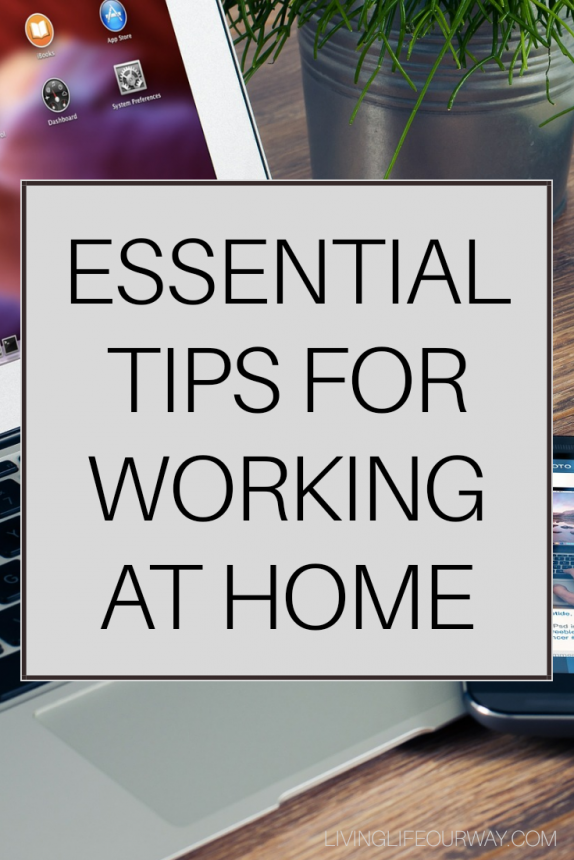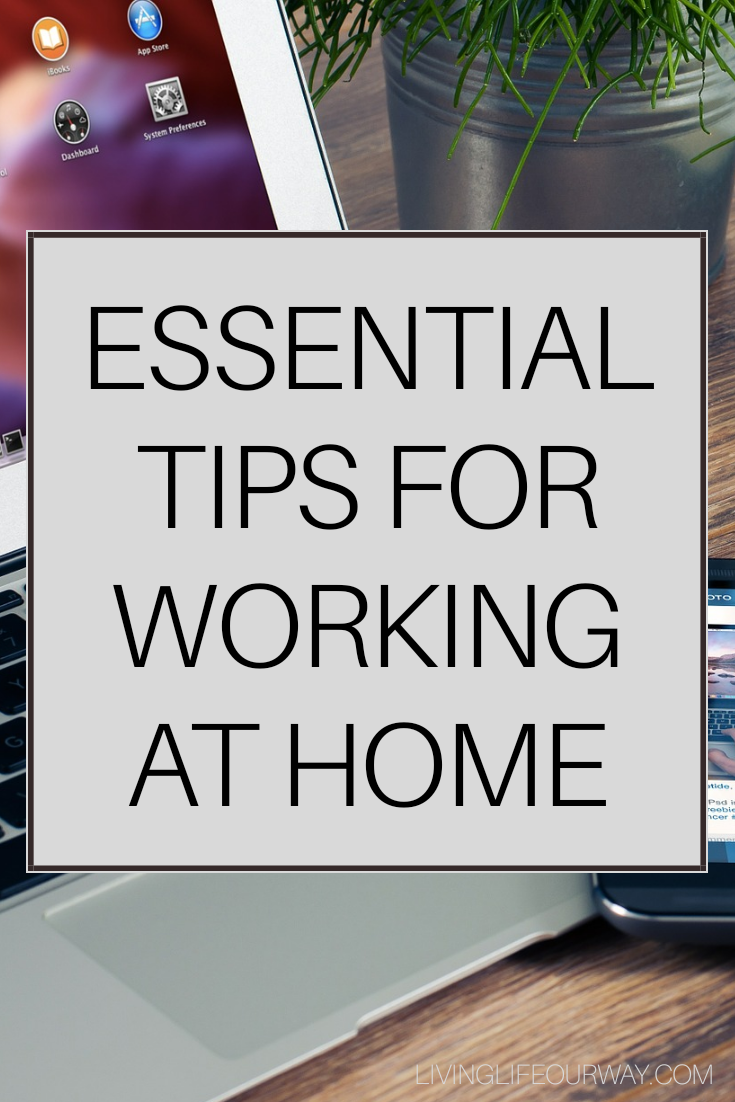The past decade has seen a massive increase in home working. This comes with the rise in popularity of internet businesses and as more employers recognise the benefits of flexible work conditions. Culturally, younger generations are even being prepared for this, as students now are commonly set up for independent study with strict deadlines.
This is why it comes as a shock to home workers when the realisation hits that so many people still don’t understand or acknowledge it; whether it’s the friend or family member who thinks blogger means “unemployed receiver of free stuff” or the office colleague who thinks that you work less hard because you’re not in the office 3 days a week. It is an outdated attitude and very far from the truth.
What I’ve learned from my own experience, and talking to friends and fellow self-employed bloggers over the years, is that one of the biggest pitfalls is actually switching off for the day. The flexibility that home working gives is actually a blessing and a curse. In other words, the work-life balance you’re striving for can actually skew in the wrong direction. This is because it is so easy to check emails or whatever “one more thing” comes to mind. It can actually be quite unhealthy.
So, how do you overcome these pitfalls? Well, there are a few simple ways…

Set Hours/ Schedule
Firstly, is to differentiate work time from personal time. Your options for doing this depend on your personal situation. Sticking to set scheduled hours is one (if possible) and you can divide this up with a walk, or any other activity, before and after working to create a mental divide between work day and not.
If, like me, you’re also a carer then set hours cannot and will not work. This makes things much more difficult as, when you’re not running your business, you are caring for another person. And amount, timings, and intensity of the role can vary greatly and are often unpredictable. It is hard to give advice in this scenario, as it depends so much on exactly what the situation is; there are a million little variables based on the individual you are caring for and the unique nature of your caring role. All I can say is that, if you can, have a place or person to relax with as often as possible. It can make a huge positive difference and is very much needed for general wellbeing.
Working Environment
Another thing to consider is that you should have a dedicated environment to work in. Having a home office is the perfect way to achieve this. Whilst not an option for everyone (lack of space can be an issue), having a place that separates work from life, with the right equipment onhand, is helpful. Whether you have a large dedicated space with full size office/ reception desks and a range of smart office supplies, or a small cosy area in the corner of a room with a few basic essentials, try to have something designed just for work. If space inside is an issue, it might be a good idea to think about garden office sheds. These bespoke sheds are a great way to achieve a dedicated work space away from any distractions in the house, whilst still maintaining the benefits of working from home.
Take Time Out
Finally, the point I cannot stress enough is to take time off. Working from home for a larger corporation (with annual leave) means that this is less likely to be an issue than if you run your own business from home (although it is still possible to get caught in this trap). However, working 7 days a week, with or without holiday time, is very detrimental to your wellbeing and should not become a regular fixture of your work life. Take time out to rest periodically; schedule your work load, hire in some help, pause orders… do whatever needs to be done to ensure you can get a proper break from working sometimes.
*This is a collaborative post

